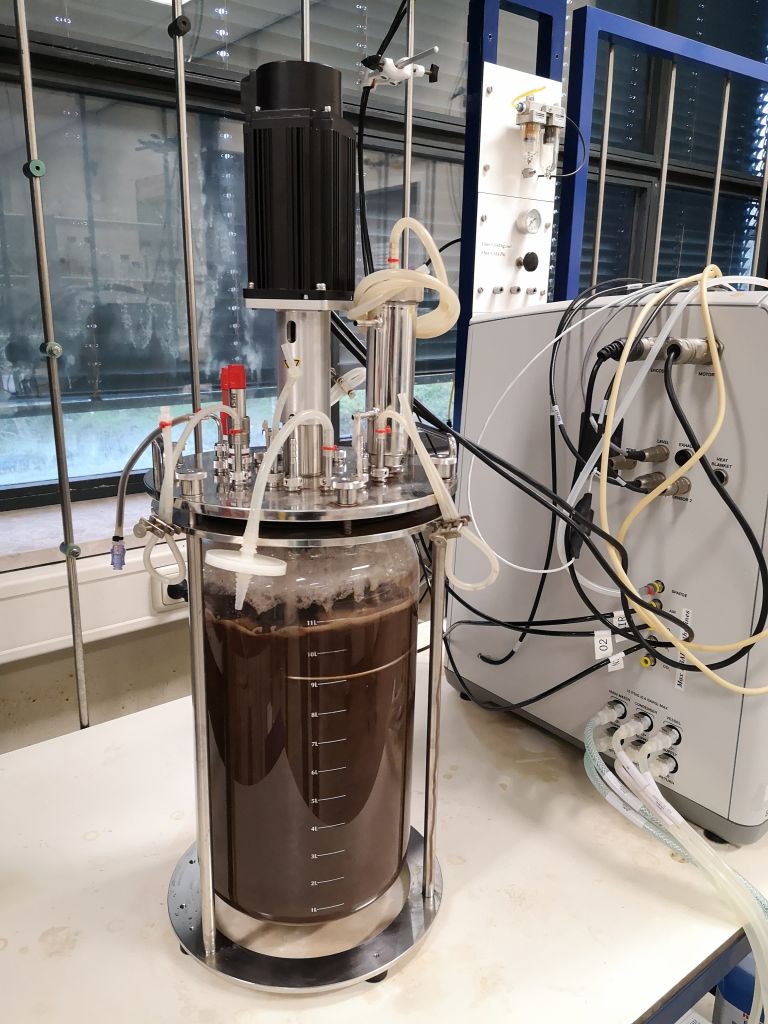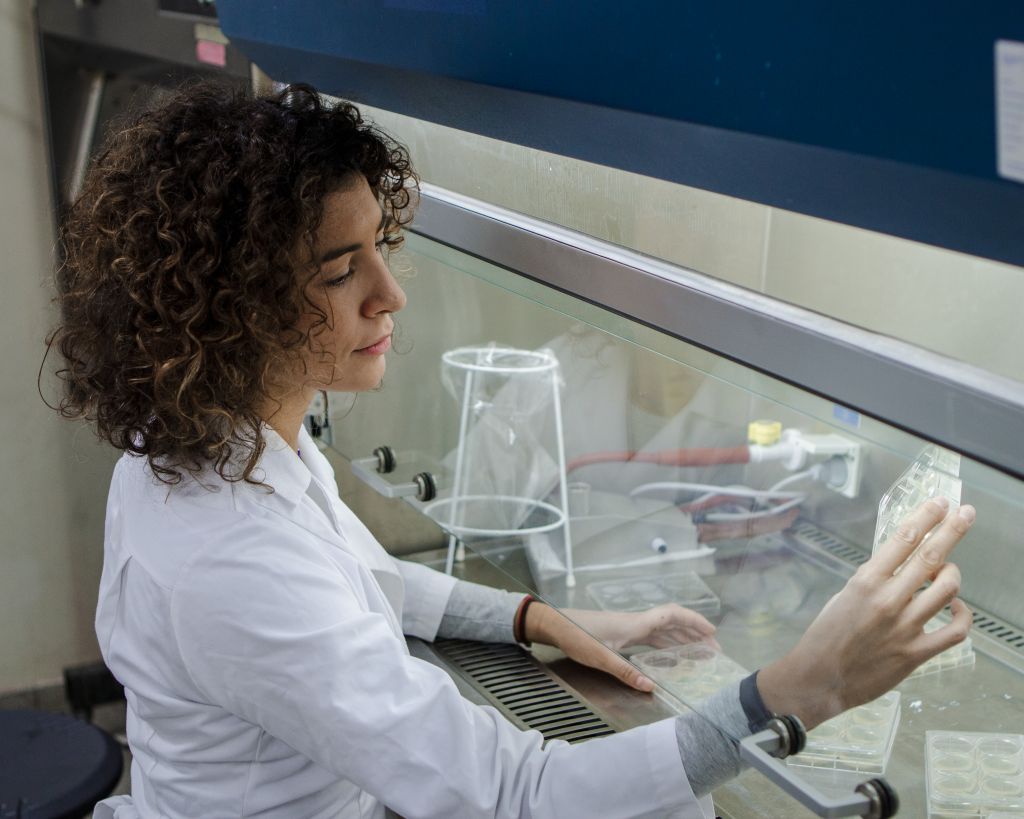Newsletter Signup - Under Article / In Page
"*" indicates required fields
A new Barcelona-based company, OXYCO has been created to produce melanin through biocatalysis.
OXYCO uses enzymes to produce biomelanin, which is vegan, soluble and its properties can be adjusted to specific needs.
Melanin is traditionally not cheap to produce. The most common way to obtain natural melanin is to extract it from sepia ink or bird feathers, which makes it difficult to scale, and not vegan. The cost of a vial of chemically synthesized melanin starts at €700 per gram.
A chance discovery
Behind OXYCO are two enzyme discovery scientists, Maria Fátima Lucas, CEO of ZYMVOL BIOMODELING, and Nikola Lončar, CEO of GECCO BIOTECH. It was in GECCO’s lab where the biomelanin was first produced.
“It all started with a new set of enzymes we had just found: the first time we grew microbes to produce them, we were surprised with the resulting dark color of fermentation media,” Lončar said.

“Once we were able to understand the reaction mechanism, it became clear that we had found a fermentative melanin production process.”
Since then, his team has performed instrumental analysis of the produced biomelanin and confirmed it has identical structure to the natural melanin isolated from sepia.
“It is a stable compound and mixes well in creams, which makes it a great ingredient for different products.”
Multiple uses
Due to its novel nature and diversity of applications, the OXYCO team believes industries like personal care, food & beverages, and even nanotechnology can benefit from this new bio-pigment.
“Just imagine the possibilities: with biomelanin as an ingredient, we could have sunscreens that are high-protection and sea-friendly; or produce more sustainable semiconductors with natural materials,” Fátima Lucas said.
“It’s a completely new market, and the potential is huge.”
Partnering 2030: FME Industries Report







